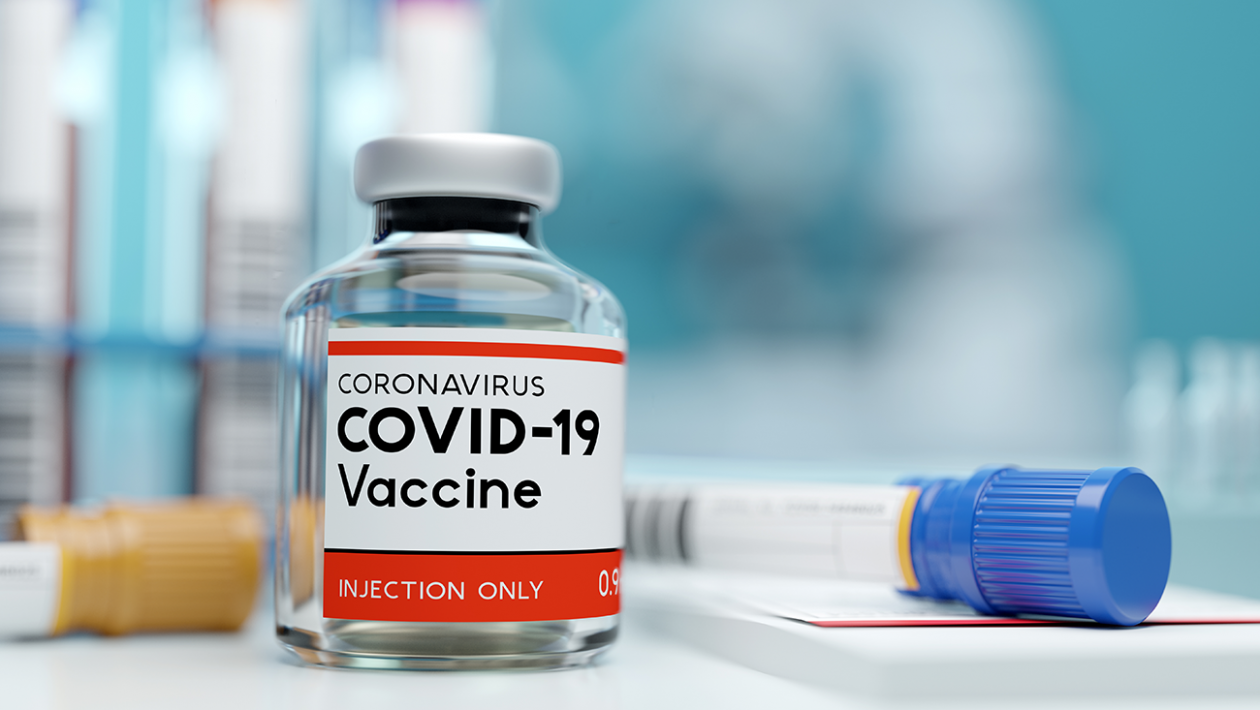Johnson & Johnson’s trial pause is a standard operating procedure in drug development, yet it could put the triple- and quadruple-digit rallies enjoyed by some biotech stocks at risk.
With more than 40 trials testing Covid-19 vaccines in humans and roughly 150 more in earlier preclinical stages of testing, according to the World Health Organization, a pause in some studies is to be expected.
Pfizer and partner BioNTech’s late-stage results are expected as soon as this month. It’s thought Moderna’s data will follow closely after. Germany-based BioNTech’s shares have swelled more than 160% this year, while Moderna has quadrupled. So far, nothing has emerged to halt their progress toward a vaccine.
Other companies haven’t been as fortunate. AstraZeneca dropped out of the lead after its trials were halted in September when a study volunteer developed a possible neurological problem. While Astra’s trials in the U.K., South Africa and Brazil have resumed, its U.S. study remains halted.
And a mid- to late-stage study from Inovio Pharmaceuticals was put on a partial hold last month after U.S. regulators raised questions about a delivery device used in the shot.
Investors who have gone along for the ride on vaccine stocks should get to know some finer points, analysts say.
There’s a distinction between a trial halt and a pause, according to Cowen analyst Yaron Werber. A pause is implemented by the sponsor of a study and “is a standard component of a clinical trial protocol,” while a halt is a requirement by a regulatory agent like the Food and Drug Administration. “Companies typically do not communicate study pauses publicly,” he said.
The pandemic, of course, has changed all that. Even the most minute details of trials are now matters of high public interest. Investors should brace for volatility as new sunlight shines on what is often a less visible process.
Alex
Koordynator projektu




